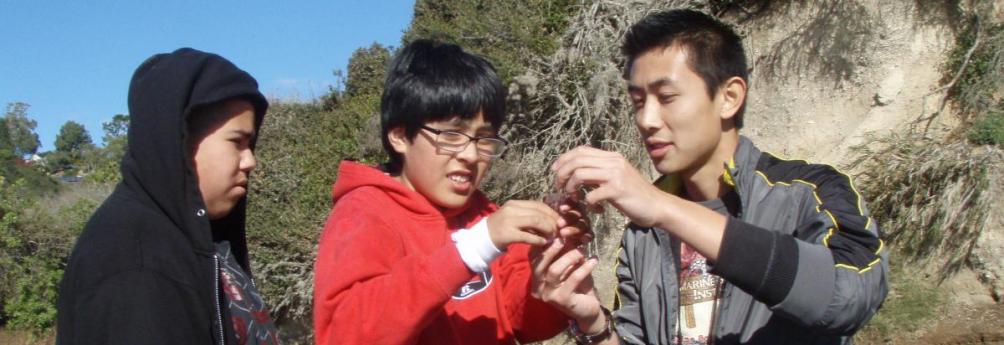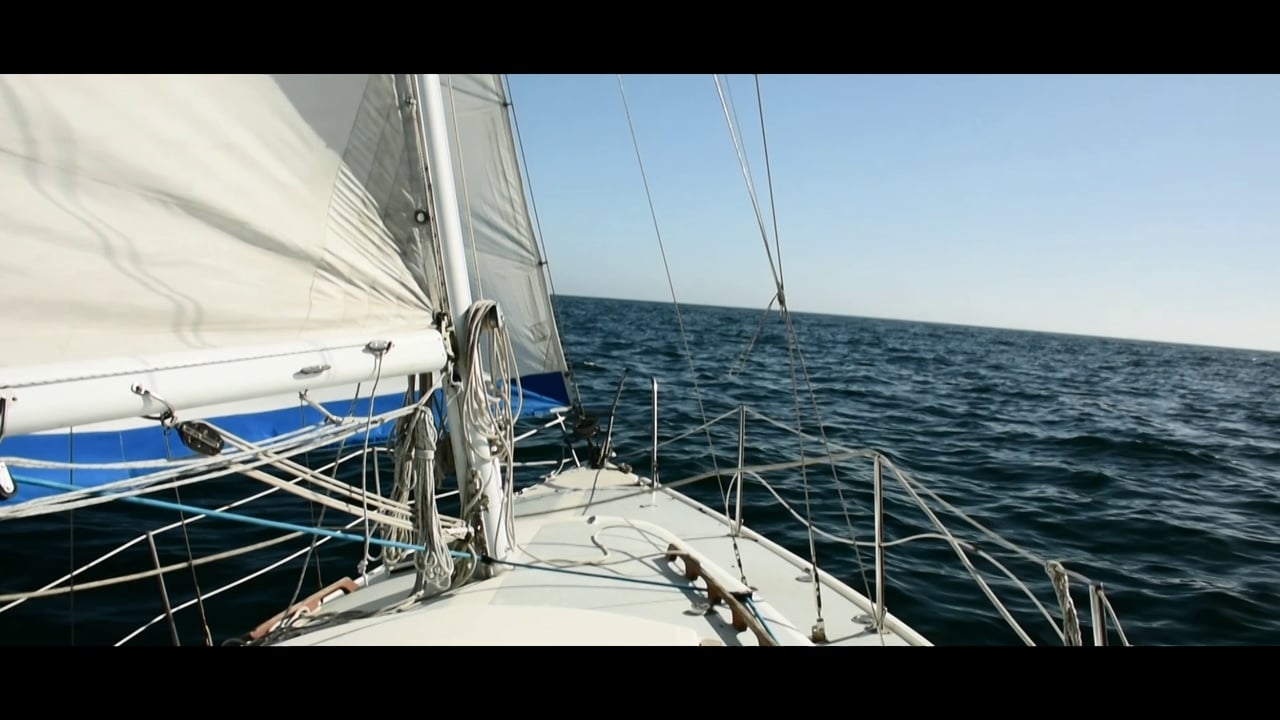Publications
This is an Announcement
Blandit vero feugait exerci eum. Nisl velit molestie dolore aliquip, suscipit aliquip vel quis nulla odio molestie minim illum eum nulla adipiscing minim nibh, ut dolore at esse illum, facilisi nonummy nibh consequatvel.
- Harlow, D., & *Hansen, A., (2015). Balancing collaborative and individual work: An example of a school-based maker education project. to be Presented at FabLearn 2015. Stanford, CA Sept 26-27, 2015.
- Harlow, D., *Dwyer, H., *Hansen, A. K. *Hill, C., *Iveland, A., *Leak, A., Franklin, D., (in press). Computer programming in elementary and middle school: Connections across content. In M. Urban and D. Falvo (Eds.) Improving K-12 STEM educational outcomes through technological integration. Hershey, PA: IGI Global.
- *Dwyer, H., *Hill, C., *Killian, A., *Iveland, A., Franklin, D., Harlow, D., (in press). How students read block-based programs: Predictions, Visual Cues, and Affordances. To be presented at the International Computing Education (ICER) Conference.
- Harlow, D., & *Leak, A., (in press) Points of coherence: Leveraging teaching strategies from multiple content areas to teach elementary school science. International Electronic Journal of Elementary Education. March.
- *Killian, A, *Dwyer, H., *Hill, C., *Iveland, A., Harlow, D., Franklin, D. (2015). Interactive design by children: A construct map for programming. Proceedings of ACM SIGCHI - Interactional Design for Children (IDC), Boston, MA. p. 267-270. doi: 10.1145/2771839.2771893
- *Killian, A., *Iveland, A., *Dwyer, H., Franklin, D., & Harlow, D. (in press). Programming science digital stories: Computer science and engineering design in the science classroom, Science and Children.
- *Emery, K., Harlow, D., Whitmer, A., & Gains, S. (2015). Ambiguity, Evidence, and Socioscientific Issues. The Science Teacher. February 2015.
- *Hill, C., *Dwyer, H., *Martinez, T., Harlow, D., Franklin, D., (2015) Floors and Flexibility: A block based programming environment for 4th-6th grade. ACM Special Interest Group Computer Science Education (SIGCSE) 2015 proceedings.
- *Hill, C., *Dwyer, H., Harlow, D., Franklin, D., (2015) Getting started researching and teaching computer science in upper elementary school. ACM Special Interest Group Computer Science Education (SIGCSE) 2015 proceedings.
- Goldberg, F., Robinson, S., Price, E., Harlow, D. B. and McKean, M. (2014). Learning Physics. Montezuma Publishing, San Diego State University, San Diego, CA.
- Harlow, D., & *Leak, A. (2014). Mapping the development of students’ ideas in order to understand learning in a collaborative programming environment, Computer Science Education. 24:2-3, 229-247, doi: 10.1080/08993408.2014.963360
- Franklin, D., Harlow, D. & the Octopi Team (2014). Kids Enjoying Learning Programming (KELP-CS) – Module 1. A computer science curriculum for elementary school students.
- Harlow, D., Engineering Design Thinking - a new goal for all students. The Independent. (link)
- *Dwyer, H., *Hill, C., *Carpenter, S., Harlow, D., & Franklin, D., (2014). Identifying Elementary Students’ Pre-Instructional Ability to Develop Algorithms and Step-by-step Instructions. ACM Special Interest Group Computer Science Education (SIGSCE) 2014 Proceedings.
- *Dwyer, H., *Boe, B., Hill, C., Franklin, D., & Harlow, D., (2014). Computational Thinking for Physics: Programming Models of Physics Phenomenon in Elementary School. 2013 Physics Education Research Proceedings. (link)
- Harlow, D., (2014). How an undergraduate physics course impacted the teaching practices of 5 elementary school teachers. Journal of Science Teacher Education, 25 (1), 97-117 doi: 10.1007/s10972-013-9346-z (link)
- Harlow, D., *Swanson, L., Otero, V., (2014). Prospective Elementary School Teachers Analysis of Children’s Science Talk in an Undergraduate Physics Course. Journal of Science Teacher Education, 25 (1), 119-139. doi: 10.1007/s10972-012-9319-7 (link)
- Harlow, D., Bianchini, J., *Swanson, L., & *Dywer, H. (2013). Potential teachers’ appropriate and inappropriate application of pedagogical resources in a model-based physics course: A knowledge in pieces perspective on teacher learning. Journal of Research in Science Teaching, 50(9) 1098-1126. doi: 10.1002/tea.21108 (link)
- *Swanson, L., Harlow, D., (2013). Video anchors for online discussions: A tool for positioning oneself as knowledgable about Physics. Contemporary Issues in Technology and Teacher Education - Science, 13(3). link
- Harlow, D., Nylund-Gibson, K., *Iveland, A. *Taylor, L., (2013). Secondary students’ views of the role of creativity in engineering and art: A latent class analysis, Creative Education, 4 (5). doi: 10.4236/ce.2013.45047
- Goldberg, F., Robinson, S., Price, E., Kruse, R., Harlow, D.,, McKean, M. (2013). Learning Physical Science, It’s About Time: Armok.
- Goldberg, F., Price, E., Robinson, S., Harlow, D.,, McKean, M. (2012) Developing the learning physical science curriculum: Adapting a small enrollment, laboratory and discussion based physical science course for large enrollments. PhysRev-ST PER, 8, 010121(link)
- Harlow, D., (2012) The Wonder and Excitement of Teaching Science: What Pre-Service Teachers learn from Facilitating Family Science Nights. Journal of Science Teacher Education. (link).
- *Stewart, A., Harlow, D., and DeBacco, K. (2011) Students’ experience of synchronous learning in distributed environments. Distance Education, 32(3), 357-381. (link)
- Harlow, D., & *Nilsen, K., (2011) Virtual Inquiry Experiences, Science and Children,49 (4), 42-45. (link)
- Harlow, D., *Swanson, L., Nylund-Gibson, K., & *Truxler, A. (2011) Using Latent Class Analysis to Analyze Children's Responses to the Question, "What is a Day?", Science Education, 95 (3), 477-496. DOI: 10.1002/sce.20437. (link)
- Harlow, D.,, Uncovering the Hidden Decisions that Shape Curricula, Invited Paper - Physics Education Research Conference Proceedings, Summer 2010. (paper)
- Harlow, D., *Swanson, L., *Dwyer, H., & Bianchini, J., Learning Pedagogy in Physics, Physics Education Research Conference Proceedings, Summer 2010. (paper)
- Goldberg, F., Price, E., Harlow, D., Robinson, S., Kruse R., McKean, M., A Development and Evaluation of a Large Enrollment, Active Learning Physical Science Curriculum, Physics Education Research Conference Proceedings, Summer 2010. (paper) (Honorable Mention for best paper award
- Harlow, D. B., (2010) Structures and Improvisation for Inquiry-based Science Instruction: A teacher's adaptation of a model of magnetism activity, Science Education, 94, 1, 142-163. (link)
- Harlow, D.,, & *Swanson, L., Positioning Ideas: Creating and Relating Physics Identities through Video Analysis, Physics Education Research Conference Proceedings, Summer 2009. (paper)
- V. K. Otero and D. B. Harlow, "Getting Started in Qualitative Physics Education Research," in Getting Started in PER, edited by C. Henderson and K. Harper (American Association of Physics Teachers, College Park, MD, 2009), Reviews in PER Vol. 2. http://www.per-central.org/per/per_reviews/volume2.cfm (pdf)
- Harlow, D.,., (2007) Elementary Science and Everyday Thinking (ESET): K-5 lessons to accompany PET and PSET, It's About Time: Armock.(link)
- Harlow, D., How Elementary Teachers Use What We Teach, Physics Education Research Conference Proceedings, Summer 2007. (paper)
- Harlow, D., & Otero, V., Beyond Concepts: Transfer from Inquiry-based Physics to Elementary Classrooms, Physics Education Research Conference Proceedings, Summer 2006. (paper)
- Harlow, D., & Otero, V. K. (2005) Collaboration Physics, Science and Children, February 2005, 31-35.
- Harlow, D.,, & Otero, V., Talking to Learn Physics and Learning to Talk Physics, Physics Education Research Conference Proceedings, Summer 2005. (paper)
- Otero, V., Peressini, D., Anderson, K., Ford, P., Garvin, T., Harlow, D.,, Mears, C., Reidel, M., Waite, B., (2005) Integrating Technology into Teacher Education: A Critical Framework for Implementing Reform, Journal of Teacher Education, 56(1), 8-23. (link)
- Briggs, D. C., Geil, K., & Harlow, D., (2006) Characteristics of faculty participating in STEM Colorado program: Spring 2005. (technical report)
- Briggs, D. C., Geil, K., & Harlow, D., (2006) An evaluation of the learning assistant experience in the STEM Colorado Program: Spring 2005. (technical report)
- Harlow, D.,, & Otero, V., Learning Physics by Listening to Children, Physics Education Research Conference Proceedings, Summer 2004.
- Briggs, D. C., Geil, K., Harlow, D.,& Hassel, L. (2006) An Evaluation of the Learning Assistant Experience in the STEM Colorado program: Fall 2004. (technical report)
- Harlow, D., & Otero, V., An Examination of Children’s Scientific Argumentation, Physics Education Research Conference Proceedings, Summer 2003.
- Hunter, D., Boyd, D., Hawley, W. (1995) The Massive Star Populations in Ionized Gas Shells in M33 and M31, Astrophysics Journal Supplement, 99, p. 551.
* Student Author



